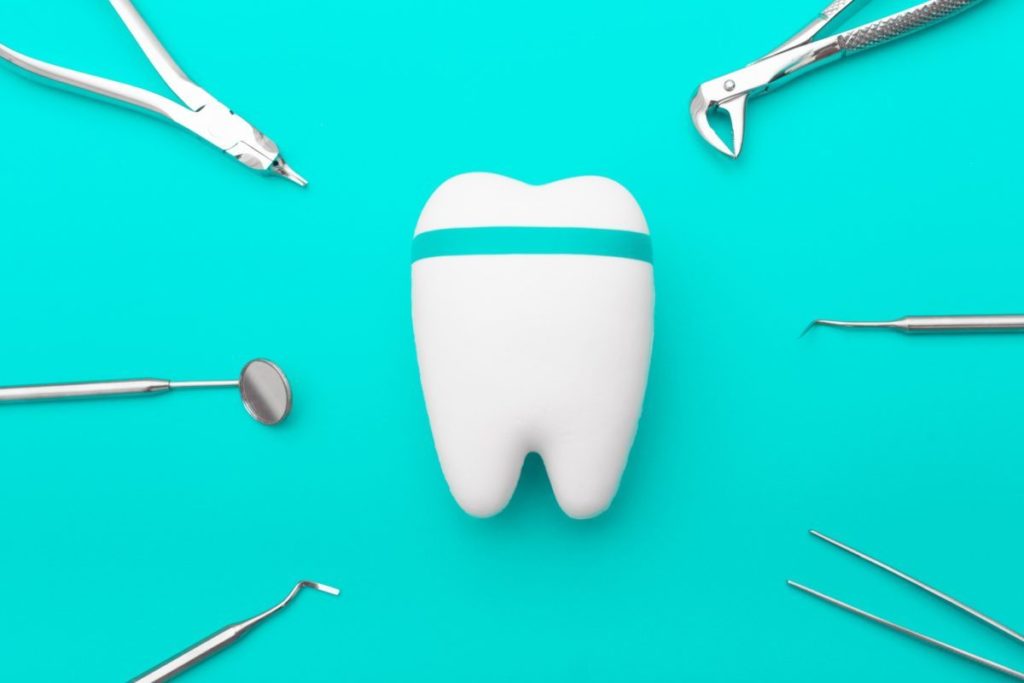Usually, wisdom tooth pain feels like a dull soreness or throbbing sensation that comes and goes. It’s specifically noticeable along your jaw or side of your face, an inch or two from your ear. If your wisdom teeth are infected or have tooth decay, they might also exhibit symptoms of cavities like sharp pain when you eat, or soreness when you bite down.
Occasionally, you’ll see some swelling with impacted wisdom teeth. This inflammation might make the side of your face hot to the touch, or you’ll see red, swollen gums near the back of your mouth. Since wisdom teeth are the last ones to erupt, it’s typical to feel discomfort during your teen years, 20s, or as late as your early 30s.
Most wisdom tooth discomfort can be managed using warm saltwater rinses, warm compresses, and over-the-counter anti-inflammatory medication (ibuprofen or Motrin.) However, if the pain persists or gets worse, you might not be able to start feeling better until a dentist takes your wisdom teeth out.





